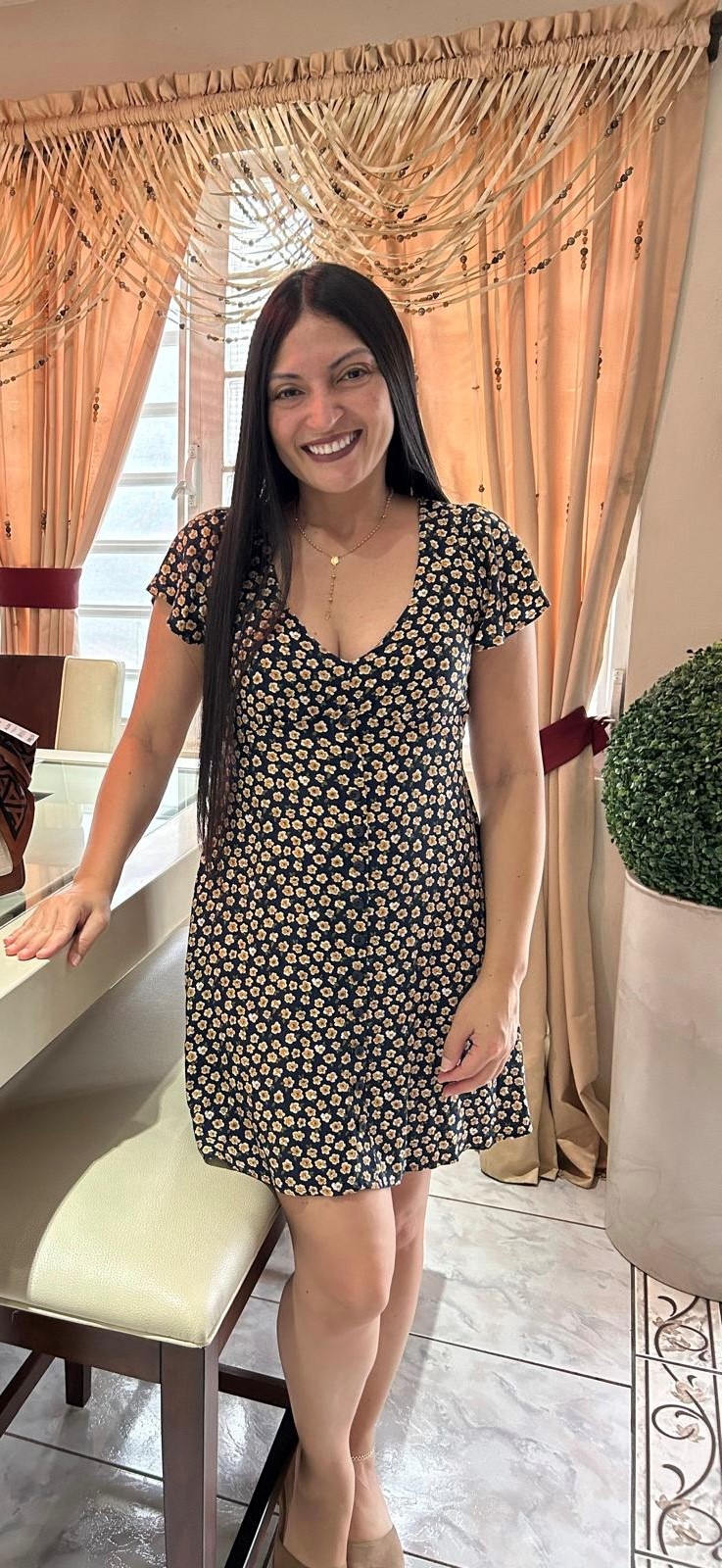Lung Cancer Survivor
Passion for Advocacy Drives Lung Cancer Survivor
How Gloria Arroyo de Leon could have Stage III lung cancer is still a mystery to her. A healthy never-smoker with no known family history of cancer, Gloria has now discovered a passion for advocacy and bringing lung cancer into the spotlight.

Twelve years before being diagnosed with adenocarcinoma of the lung, I had a small lump removed from my left breast. I always kept my follow-up appointments, and got a mammogram and sonogram annually. I didn’t have any issues until a couple of years ago. My left breast began to hurt, and it continued to bother me. Because I was concerned, I insisted that my doctor fit me in for an appointment. Although he didn’t see anything
from the physical exam, he ordered a breast MRI that showed a mass on the right side
of my lung. I had a biopsy, and the results shocked me. At 47, I had lung cancer.
This diagnosis came out of the blue. I didn’t think I was at risk for lung cancer. I never smoked, and only my mother’s half-brother had experienced cancer in the past. I didn’t have the typical symptoms of lung cancer, such as a cough, wheezing or trouble breathing. On top of that, aside from a pretty stressful career as an engineer and executive director for a water company, I had always considered myself to be really healthy. I had exercised all my life and went to the gym about four days a week. Even on long workdays, I still made time to lift weights at the gym. I focused on my nutrition and did meal prep, and I was never sick.
My treatment plan first consisted of surgery to remove the upper lobe of my right lung. The hope was that it would be curative, but we hit a snag. At my surgical follow-up, my doctor mentioned the word “mutation” and ordered additional treatment in the form of a targeted therapy and radiation therapy. I was crushed to hear that I needed more treatment.
I was very unfamiliar with lung cancer in general, and I hadn’t heard of mutations. With my first treatment, I was given some pamphlets that included information about the targeted therapy and how it is designed to treat the EGFR exon 19 deletion.
From then on, I knew I needed to educate myself about my diagnosis. I found support groups online and they have made a world of difference for me. I’ve learned about the EGFR exon 19 deletion and the tremendous importance of biomarkers and mutations in lung cancer treatment. I’ve also received great suggestions for managing side effects from people who are undergoing the same treatment.
These groups have inspired me to get involved in promoting awareness about lung cancer. I traveled to Washington, D.C., to meet with representatives on Capitol Hill and emphasize the need for more funding. I was recently invited to be part of a panel discussion for a Lung Cancer Health Equity Summit in Atlanta. It’s the first panel I’ve been invited to, and I’m excited to represent the Latina community on it.
Support groups have also given me a sense of community. Except for my uncle and his wife and a childhood friend, I don’t have many family members or friends nearby. And, though I appreciate them, managing lung cancer treatment can be extremely difficult emotionally. I have a hard time turning off all the “what ifs” in my brain, especially at night. I began seeing a therapist and a psychiatrist, who prescribed medication to help me sleep better.
I also go to church twice a week, and I lean on God to make me mentally stronger and help me understand why I have this diagnosis. I trust that God has me in his hands. Advocacy has become my passion, and it helps occupy my mind. My next step is to find more people here in Puerto Rico who have had lung cancer in their lives and grow the support community near me.
Before my diagnosis, I was going through life but I wasn’t truly living. I was doing the same thing every day … getting up early, going to a stressful job, exercising, going to bed and doing the same thing all over the next day. I didn’t make time for doing other important things that I should have. Now, I’m faithfully living my life through advocacy.
What I’m doing may not help me directly with my diagnosis, but I hope it will help others in the future.


